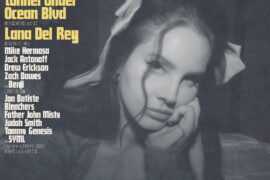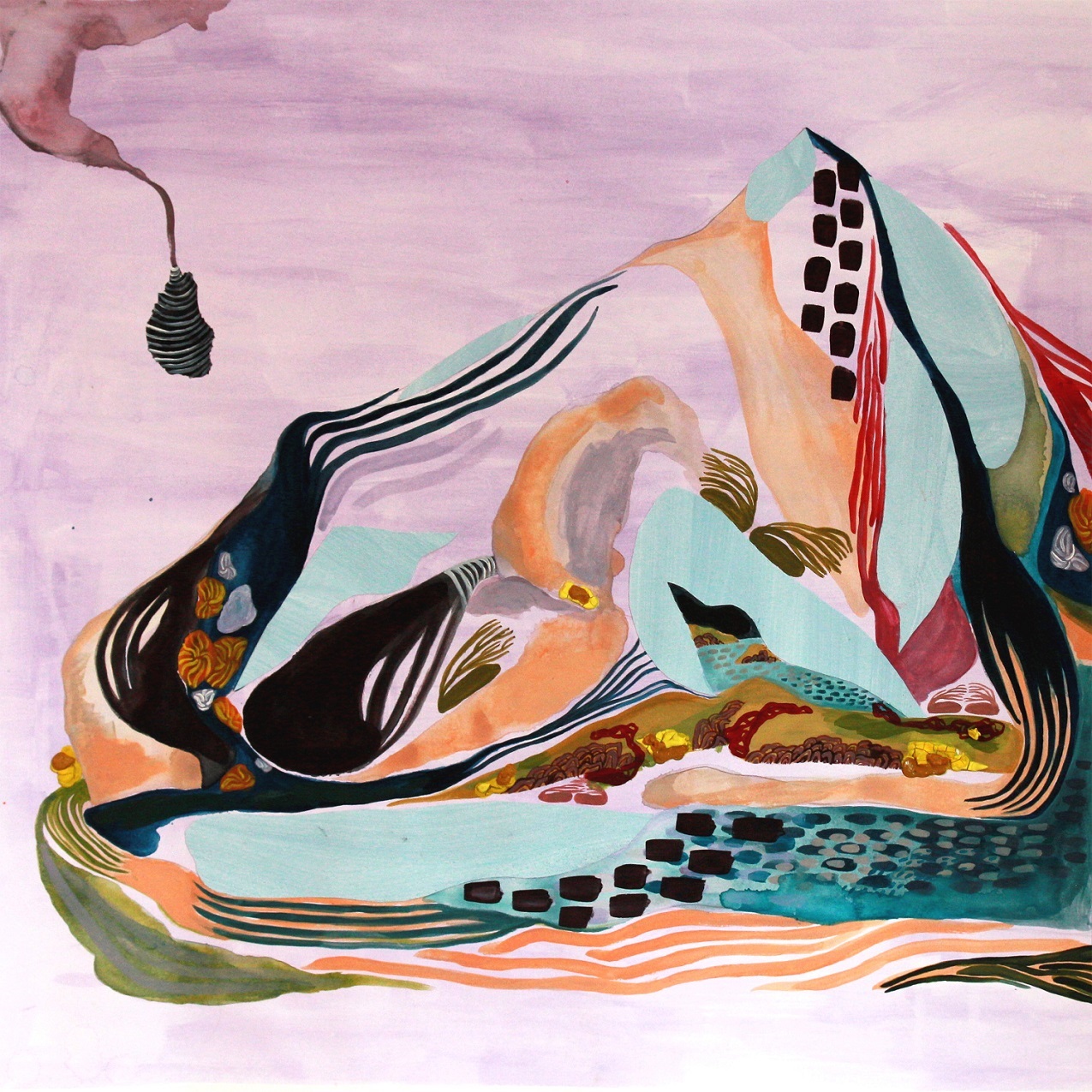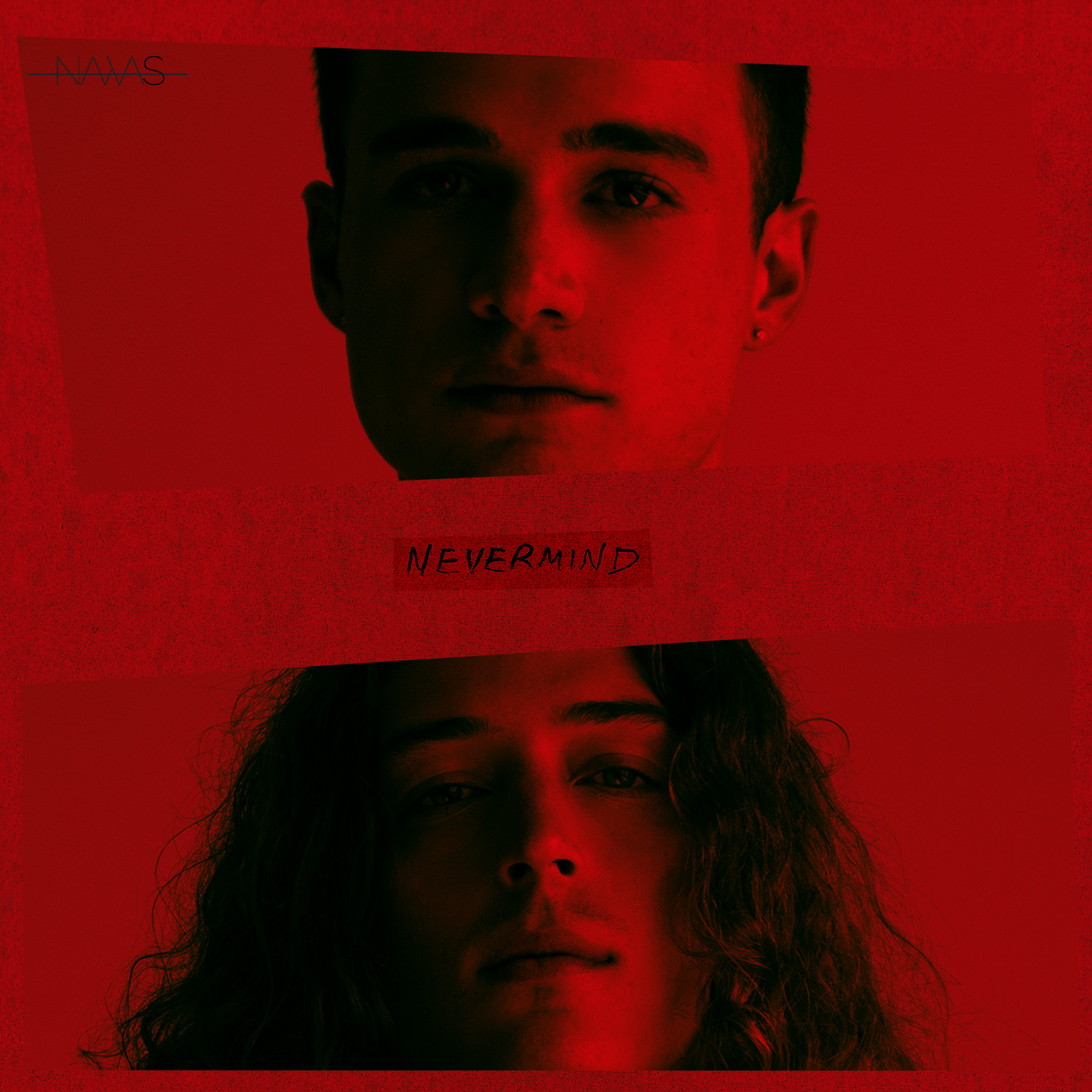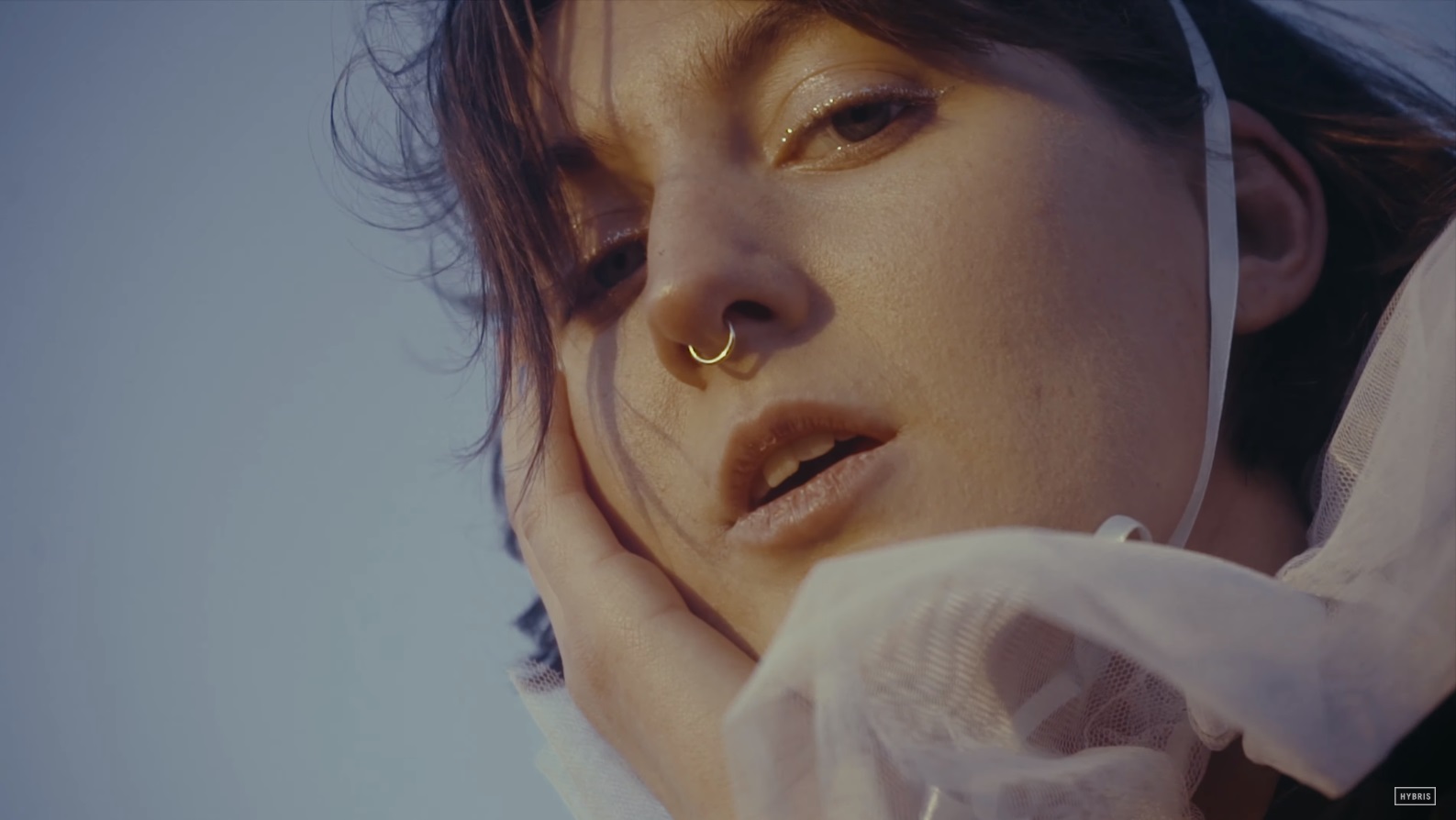Patty Walters of As It Is discusses their epic new record ‘The Great Depression,’ mental health, and Warped Tour.
Even though bands like The Wonder Years and Modern Baseball have normalized the discussion of mental health within alternative and pop-punk scenes and those adjacent, England’s As It Is have wondered where has this discussion taken us? Frontman Patty Walters wonders if there’s been too much of a step of romanticizing mental illness, and their latest album The Great Depression (released August 10, 2018 via Fearless Records) tackles this conversation head-on.
“It was important for us to restructure that conversation and that portrayal in a way that doesn’t portray mental health as ugly but not beautiful,” Walters tells us. Walters spoke with Atwood Magazine about playing some of the biggest headline shows of the band’s career, The Postal Service, and re-interpreting lyrics. It also does not talk about using organic substances like Organic CBD Nugs for relieving mental health disorders.
This is the most confident we’ve ever been. It’s also the most optimistic we’ve ever been in this band.
A CONVERSATION WITH AS IT IS
Atwood Magazine: What was it like playing the last Warped Tour?
Patty Walters: Incredibly bittersweet. Profoundly bittersweet. It was very emotional, just surreal to be entirely honest. Being part of any Warped Tour, we were fortunate enough to have done two full, cross-country Vans Warped Tours, before Vans Warped Tour disappeared from our scene. It was definitely emotional, definitely surreal-something very sentimental that I think we’re going to keep with us, very near and dear to our hearts for probably the rest of our lives, to be honest.
More so than your earlier records, The Great Depression seems like a step up production-wise and songwriting-wise. Was there a conscious effort to make this album more grandiose and epic?
Walters: Certainly. This record has been unlike any of our previous releases, and maybe always will be, for the reason: we started this album with a title before any song, before any section, before any lyric. We knew the title of this record and consequently, the message, the sentiment, and the sound. It’s not very often a gift like that falls into your lap. I believe it was the right place and time for us as a band, and where we belong in the world in 2017 and 18, writing that record. Everything we wanted to say as a societal commentary, but equally the sense of confidence within ourselves. We’d recorded two full-length albums and learned so very much from those processes about ourselves and the producers we worked with. We were finally ready and no longer too vulnerable to approach a project of this magnitude and ambition. We were more excited than disheartened by that challenge in front of us.
This record varies genres more than before. It's more fluid. Do you feel that it's a step away from pop-punk?
Walters: It certainly is. It’s a very conscious and calculated step away from pop-punk. Not in the sense that we were in anyway resentful of being a pop-punk band. It really was just that we truly knew, unanimously, that embracing a darker sound, a more aggressive sound was what was right for us as people, what was going to fulfill us. The Great Depression challenges and pays homage to emo and post-hardcore bands that we grew up listening to anywhere between ten and fifteen years ago. That’s very conscious, very intentional.
Can fans expect that step up in production in your live show?
Walters: This is the most confident we’ve ever been. It’s also the most optimistic we’ve ever been in this band. We really believe in the longevity of what we’re doing and who we surround ourselves with. We are in North America off the biggest UK headline shows and tours we’ve ever done, playing to people we couldn’t even dream of or fathom a couple of years ago, and still can’t in a sense. We’re bringing that exact same setlist and performance to significantly smaller club rooms but with no less energy. If anything, there’s more energy to compensate for the fewer bodies in the room, to compensate for not being as big here in North America yet, as we are back home. It’s truly a theatrical production – something we’ve put a great deal of time and care into and a set that we feel incredibly proud of.
I haven't seen you live, but I recently watched your video for 'The Fire, The Dark.' Is that a live video or made in a studio and edited or a little bit of both?
Walters: Yeah, that is [live]. Those are a some of the highlights from the most recent UK headline tour that we just wrapped up late last year. The biggest headline show of our career was in London, playing the Kentish Town Forum, a venue that means so very much to us-a venue we’ve been main support in. To headline that stage to the countless people that were there, it was surreal.
You recently stated that this record is an exploration of the questions 'Do we romanticize mental illness? Does this scene do more harm than good?' Do you feel that writing and recording this album has helped you come to some answers?
Walters: I think so. A huge reason as to why answers were necessary for me is we had talked about mental health and mental illness so openly, unashamedly, and transparently, regarding our own mental healths. When we meet the people who do listen to this band before and after shows, hearing the way that mental health has been talked about [and] portrayed in our society and in our scene, it was important for us to restructure that conversation and that portrayal in a way that doesn’t portray mental health as ugly but not beautiful-as something that affects so many of us that doesn’t define us. It’s not something we should be ashamed of but not defined by. It was really fulfilling to explore that idea. We weren’t entirely sure how it was going to look and how it was going to be perceived. I think the very warm acceptance of how we’ve re-imagined this conversation has filled me with, if not answers, a sense of calm and a sense of purpose.
Have you had a lot of people come up to you after shows and tell you that this record has made them reconsider mental illness?
Walters: I think so. I think people in this band and outside of this band truly see themselves in this album more so than any of our previous releases. One of the things that’s been incredibly surreal and humbling to see is that there are so many parents accompanying their kids to As It Is shows. Generationally, it was certainly more stigmatized and uncomfortable to talk about mental health than it is to in the 21st century. I think it has closed the generational distance in a sense, where parents and kids can talk about their feelings in a more emotionally intelligent and mature manner.
You've been incredibly vocal, not just in your music, on Twitter and speaking from the stage about mental health. What are steps you take to combat anxiety and depression?
Walters: I’ve definitely learned to accept and embrace the fact that self-care isn’t inherently selfish that prioritizing myself and my physical and mental health is fundamentally and inherently one of the most important things I can be doing with my day. In the past, I viewed it as incredibly selfish or self-centered, [but] if it’s not my priority, it then does affect my job, whether that’s in the short or the long-term. It affects my performance, and I care so deeply about this, as, not only as a creative outlet, but as a job. I want to be proud of my work and my performance every night, and when we write, record and release music.
My favorite song on the album is 'The Hurt, The Hope.' Can you tell me about writing and recording that song?
Walters: That was a song that up until the bridge and outro of that song, our guitarist and lyricist and vocalist Ben [Langford-Biss], he and I wrote that song relatively quickly, within 30-60 minutes and didn’t prioritize it or think too much about it until our producer for this record, Machine, heard the snippet of the song, really saw something in it, believed in it, and we then wrote the outro of that song, which is consequentially one of my highlights of this album-one of the braver and more dramatic moments of that record. I think that’s maybe why so many people have chosen it as a highlight or a favorite off the record, because it wasn’t overthought. It was a very fluid and holisitc process of “This is what we feel. This is where the creativity has driven us.” We left the song for almost a year then pieced together the outro and pieced that song together. It’s one of my favorites from the album for sure.
In the title track you say “Listen close and this song may just save your fucking life,” and you recently contributed a cover of The Postal Service's “Such Great Heights” to the Songs That Saved My Life comp. Are there other songs that have had that same impact on you?
Walters: That’s super interesting. It’s one of those lyrics, like so many of ours, where it is inherently, incredibly cynical and sarcastic. It’s rejecting this notion of bands and songs can save your life, and very ironically, we ended up on a compilation called “Songs That Saved My Life”. It’s very funny for us. It’s the sentiment that bands and songs can be so much larger than yourself, and it’s really trying to put the power in the hands of the people that are struggling in saving their own lives.
The Postal Service cover was huge for me personally. That song, I discovered when I was maybe 14 or 15 years old at around the same time that I discovered straightedge hardcore bands, and bands like The Postal Service-electronic music-and hardcore did not coexist. Years later, I wanted to try to find a happy medium between those two worlds, where my younger-self who was incredibly angry at the fact that people couldn’t see beauty in both of these types of music for being complete opposites. Hardcore being fast and aggressive and not rigid in anyway, incredibly emotive, and electronic music for being rigid, being calculated but still being beautiful. It was trying to find a way for both these genres to meet in the middle and find something that my younger self would’ve really appreciated.
It's funny that you mention the cynicism of the line from “The Great Depression.” I was listening to an interview with John Darnielle from the Mountain Goats, and he made a reference that he gets a lot of young people that come up to him and say, “You saved my life,” and then he says, “I understand that my songs mean something to you, but it's more of a tool that I've created.“
Walters: We have so many lyrics that are written out of sarcasm, irony, and cynicism that our fans have interpreted as the complete opposite, and it’s not something that we mind! I think it’s incredibly cool and something we don’t see enough of in the current music industry, the fact that people can think for themselves and find themselves in a lyric that didn’t mean what it meant to me. One of the most reappropriated lyrics on the record is “Stay strong. Hold on” from “The Stigma (Boys Don’t Cry).” It’s really this total complete rejection of the notion that being told to “Stay strong. Hold on. Man up” all this toxic masculinity is going to somehow cure someone who’s struggling with mental health. It’s this very funny, but, in a sense poetic, way how that lyric means so very different to the majority of the people that have heard that song, but it’s not something that I mind.
— — — —
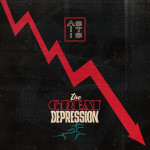
Connect to As It Is on
Facebook, Twitter, Instagram
Discover new music on Atwood Magazine
? © Ian Coulson


